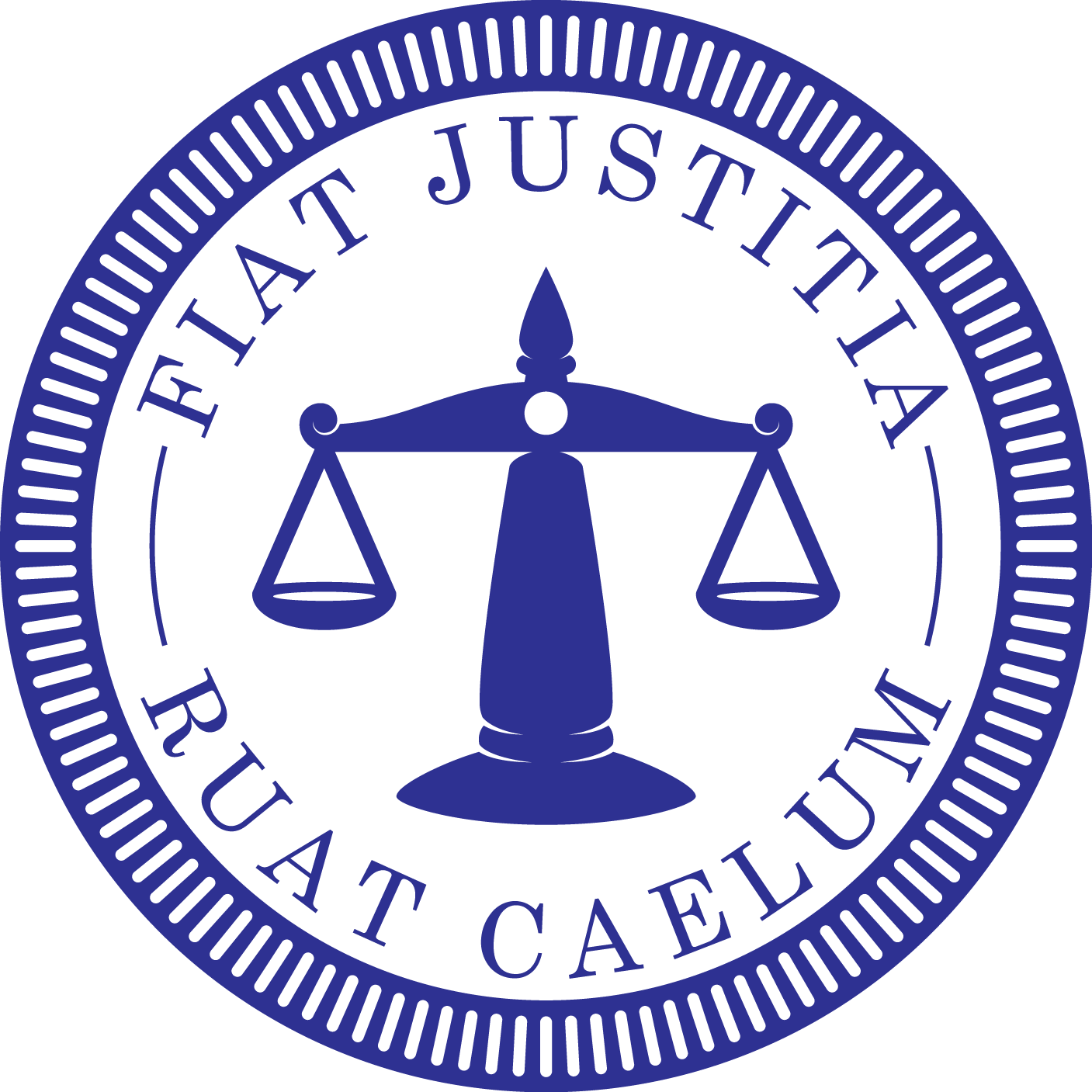Big Pharmaceuticals Push Legislation to Hurt Generic Drugs
If you want proof that the pharmaceutical industry looks out only for itself, here it is. Right now, the industry is lobbying for legislation that will make it difficult and in some cases impossible for Medicare patients to get generic drug prescriptions filled. From The Coshocton Tribune:
"This new plan… would pay pharmacists on average 36 percent less than their cost to provide generic drugs, according to a U.S. Government Accountability Office study that was released in December…The federal government's reimbursement rates for brand name drugs would not be affected. Brand name drugs make up 41 percent of the drugs being dispensed in the Medicaid program. Currently, pharmacies make anywhere from 1 to 5 percent profit on their drug sales to Medicaid patients, depending on the area of the country they're in and how they're operated, according to the National Community Pharmacists Association, or NCPA." (Emphasis added.)
The article doesn't make clear that the price reductions don't really affect major pharmacies like Walgreens, but only small neighborhood pharmacies. From The Chilicothe Gazette:
"CMS said it is following guidelines set forth by Congress when it passed the Deficit Reduction Act of 2005, which required the use of average manufacturer price, or AMP to set reimbursement guidelines.
The AMP takes into account outpatient clinic and outpatient hospital prices, mail-order prices and rebates to the big pharmacy-benefit managers, Boyd said.
"Smaller independent pharmacies don't get those rebates and discounts," Boyd said. "And that's where most Medicaid beneficiaries buy their drugs."
Glad to know we're working on reducing the deficit by helping big pharmaceuticals and putting small pharmacies out of business.

